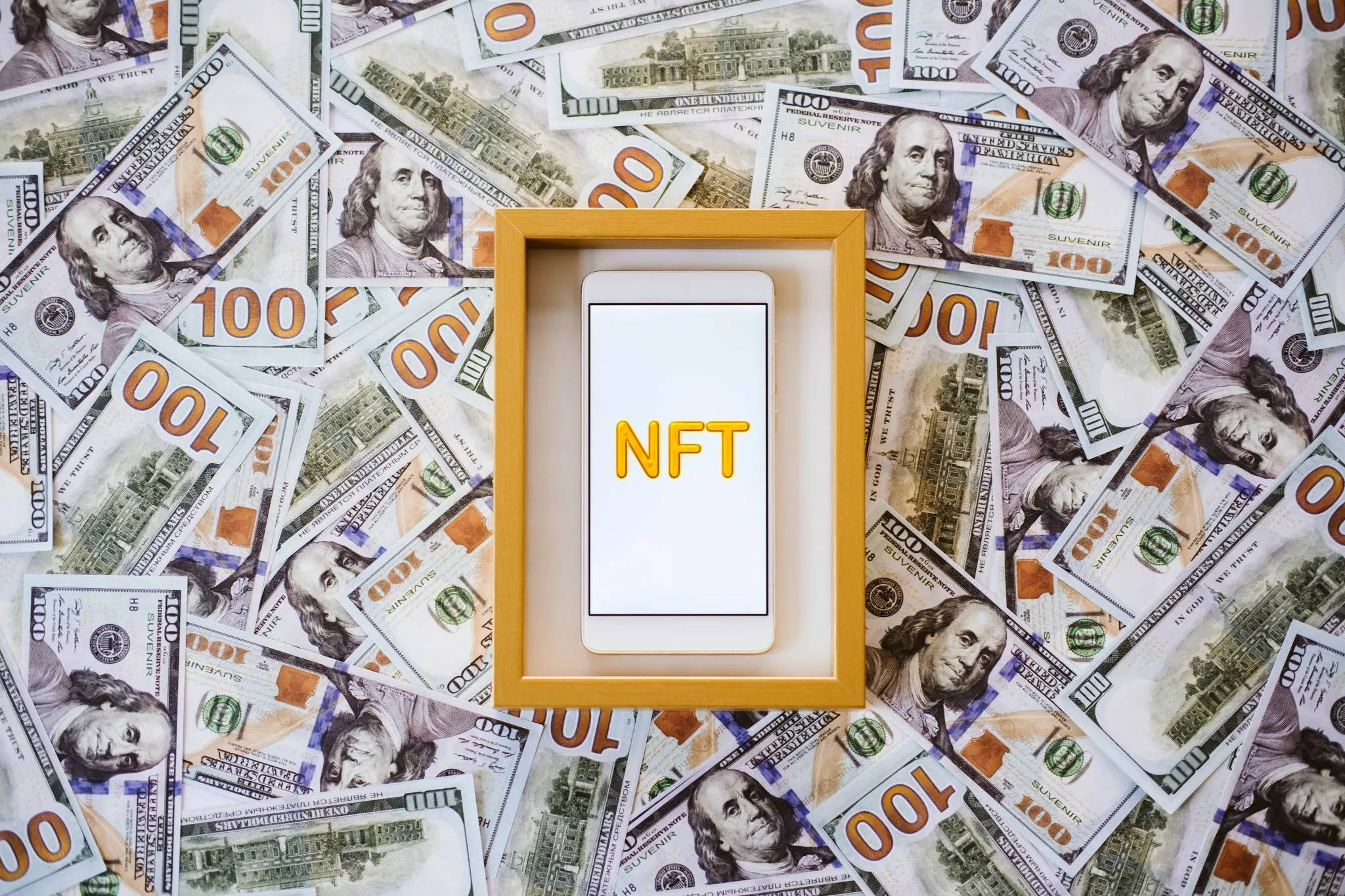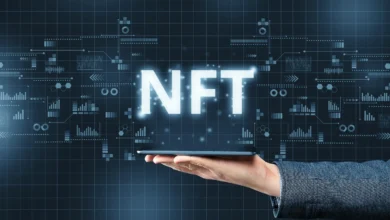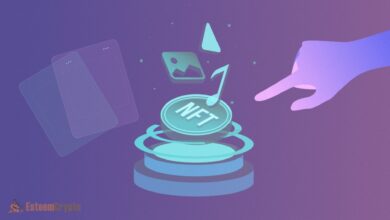NFT Insurance: Protecting the Future of Digital Assets
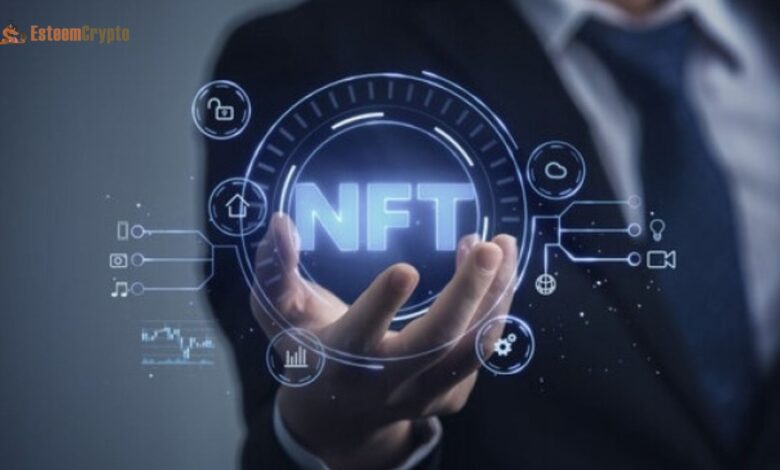
NFT Insurance: Thanks to the advent of non-fungible tokens (NFTs), we no longer see and trade digital assets in the same manner. Digital assets like artwork, video, music, and even virtual real estate can have their ownership or authenticity verified with these one-of-a-kind tokens kept on blockchain networks. However, a system needs to be in place to safeguard NFTs as their popularity and value rise. To protect owners and creators from the many dangers that come with owning NFTs, a new sector called NFT insurance is springing up.
Understanding NFTs and Their Value
Using blockchain technology, NFTs (network-functional tokens) generate a unique, verifiable certificate of ownership. Each NFT is distinct from the others, unlike fungible cryptocurrencies such as Bitcoin or Ethereum. Collectors, investors, and creators all lust after NFTs because of their singularity, which is what gives them their worth.
Many factors, including the digital asset’s intrinsic attributes, the market demand, the creator’s reputation, and the NFT’s rarity, determine the NFT’s worth. The NFT artwork “Everydays: The First 5000 Days” by Beeple, for instance, was one of the most costly digital artworks ever sold when it fetched an unprecedented $69 million at an auction house in 2021. Since owners want to safeguard their investments from possible risks, insurance becomes necessary due to the large stakes.
The Risks Associated with NFTs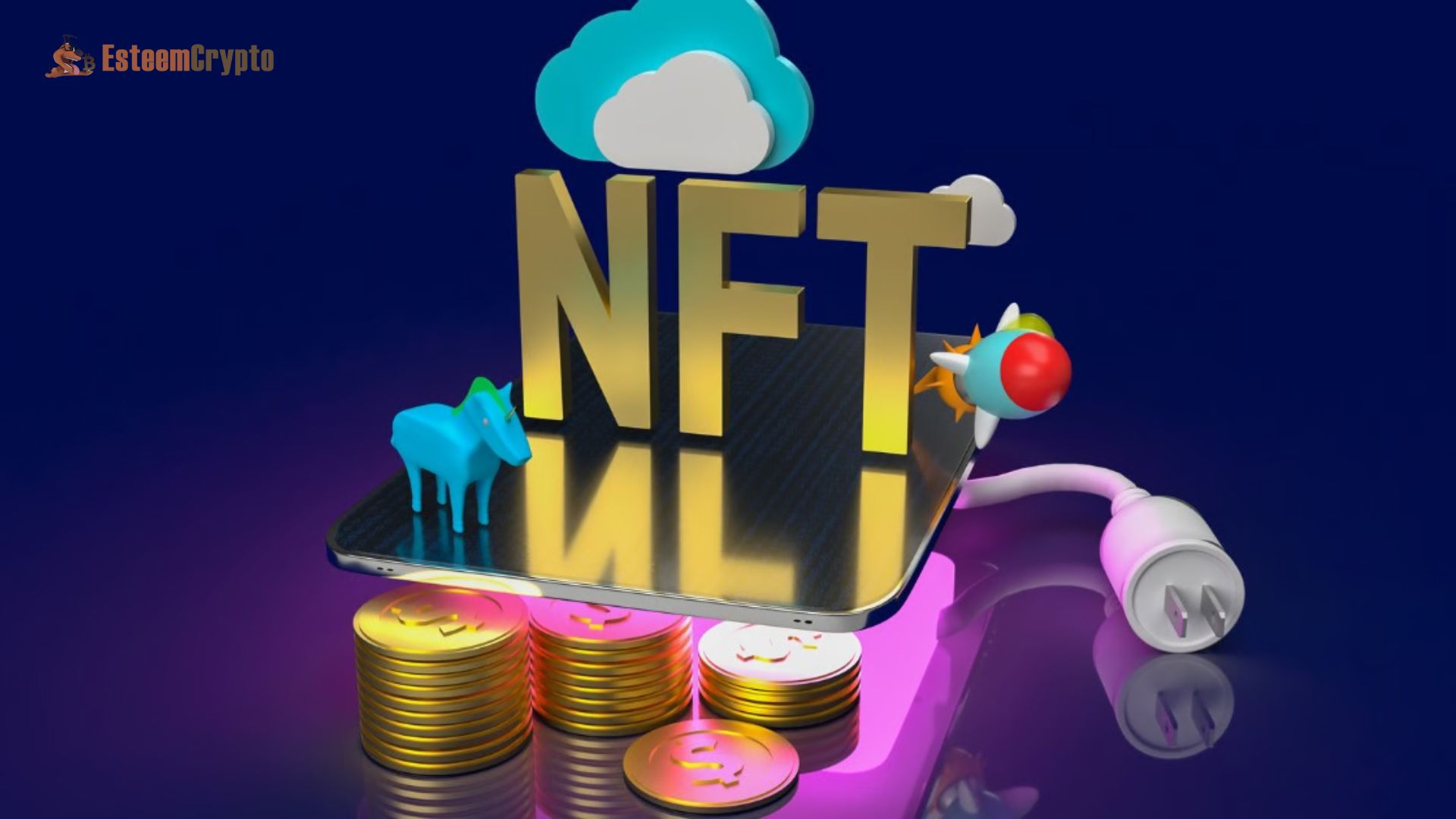
While NFTs offer a new frontier for digital ownership, they also come with a set of risks that traditional assets might not face. Some of these risks include:
-
- Theft and Fraud: Cybersecurity threats are a significant concern in the NFT space. Hacks, phishing attacks, and other forms of digital theft can result in the loss of NFTs, which are often stored in digital wallets. Once stolen, the decentralized nature of blockchain technology makes it difficult to recover these assets.
- Market Volatility: The value of NFTs can fluctuate dramatically, driven by market trends, artist reputation, and investor sentiment. While insurance may not cover market losses directly, it can provide coverage for specific events that might lead to a loss in value, such as unauthorized duplication of an NFT.
- Smart Contract Failures: NFTs rely on smart contracts, which are self-executing contracts with the terms of the agreement directly written into code. However, vulnerabilities in these contracts can lead to unintended consequences, including the loss of assets.
- Legal and Regulatory Risks: The legal landscape surrounding NFTs is still developing. Changes in regulations, copyright disputes, and questions of ownership can all impact their value and legality.
What is NFT Insurance?
NFT insurance is a specialized type of insurance designed to protect NFT owners from the various risks associated with these digital assets. This insurance can cover a range of scenarios, from loss due to hacking to value depreciation or even legal disputes.
The concept of NFT insurance is still relatively new, but it is gaining traction as more companies recognize the potential risks associated with NFTs. Insurance providers are beginning to offer tailored policies that address the unique challenges of digital asset ownership.
Types of NFT Insurance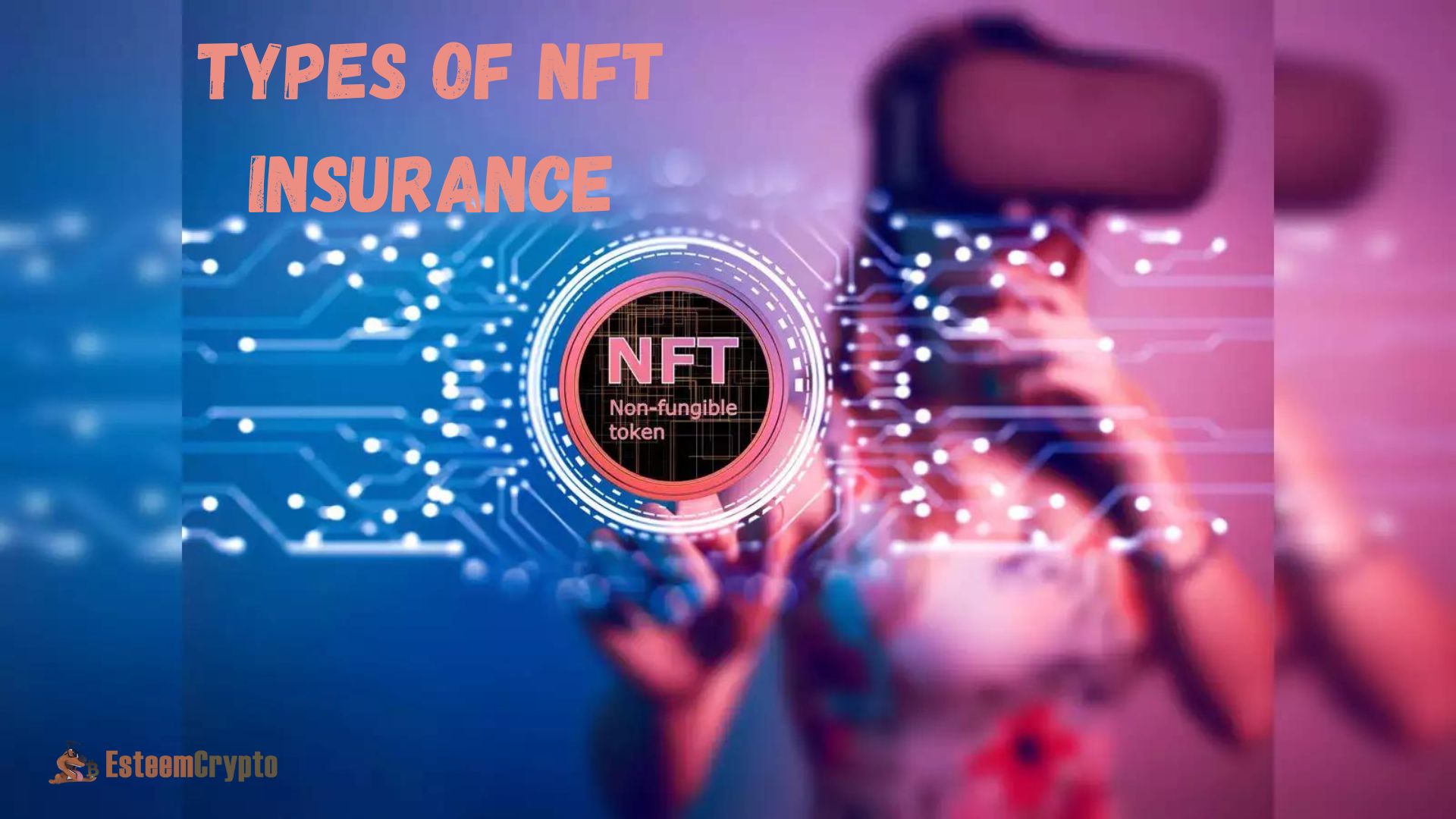
There are several types of NFT insurance currently being developed or offered, each designed to address specific risks:
- Theft and Loss Insurance: This type of insurance covers the loss of NFTs due to hacking, phishing, or other forms of cyber theft. It typically compensates the owner for the market value of the stolen NFT at the time of the loss.
- Smart Contract Insurance: Smart contracts are integral to the functioning of NFTs. However, they can be prone to bugs or vulnerabilities. Smart contract insurance protects against losses resulting from flaws in the smart contract code that governs the NFT.
- Title Insurance: Title insurance for NFTs is similar to title insurance in real estate. It protects the owner from legal disputes over ownership claims, ensuring that the buyer has clear and undisputed ownership of the NFT.
- Market Value Insurance: This type of insurance covers the depreciation in the market value of an NFT. If the value of an insured NFT drops below a certain threshold, the policyholder can claim compensation for the difference.
- Fraud Insurance: Fraud insurance protects buyers against the purchase of counterfeit or fake NFTs. If an NFT is found to be fraudulent, the insurance policy can compensate the buyer for their financial loss.
The Challenges of NFT Insurance
Although NFT insurance is an intriguing concept, it does have some obstacles. One of the main problems is valuing NFTs correctly for insurance purposes. The value of NFTs is extremely subjective and subject to dramatic fluctuations, in contrast to more conventional assets that may be valued according to recognized market values.
There is also a problem with not having enough historical data. Insurance firms use past data to evaluate risk and set prices. Nevertheless, as NFTs are a novel phenomenon, precious little information regarding their dangers is now accessible. Therefore, insurance companies find it challenging to appropriately price NFT coverage.
Additionally, NFT regulations are still being finalized. Due to this uncertainty, insurance businesses may find it challenging to create all-encompassing plans that adhere to international and local standards. The legal landscape may undergo changes that affect the kinds of coverage that can be provided when regulatory agencies and governments work to keep up with the fast adoption of NFTs.
The Future of NFT Insurance
The need for NFT insurance will rise in tandem with the expansion of the NFT sector. As the sector undergoes rapid change, more tailored insurance solutions will certainly emerge to meet the demands of NFT owners.
Insurers would be able to provide more precise coverage if uniform standards for valuing NFTs emerged in the future. When the regulatory landscape clarifies, insurance providers may also be able to provide more extensive and lawful coverage.
Insurance companies may also start forming partnerships with NFT marketplaces and digital wallets, which would streamline the process of purchasing insurance for NFT owners. As a result, the NFT market may become more stable and safe, which would be great for its continued expansion and adoption.
Conclusion
With NFTs, producers and collectors have access to possibilities never before seen in the digital ownership landscape. It is important to manage the risks associated with these opportunities in order to safeguard the value of digital assets. A new product on the market, NFT insurance, takes care of these concerns and gives NFT owners a break.
The need for NFT insurance is expected to rise as the NFT market continues to develop, which will propel innovation and development in the insurance industry. Although there are still obstacles to overcome, NFT insurance has a bright future ahead of it and will provide an essential safeguard for individuals involved in the digital asset market.

